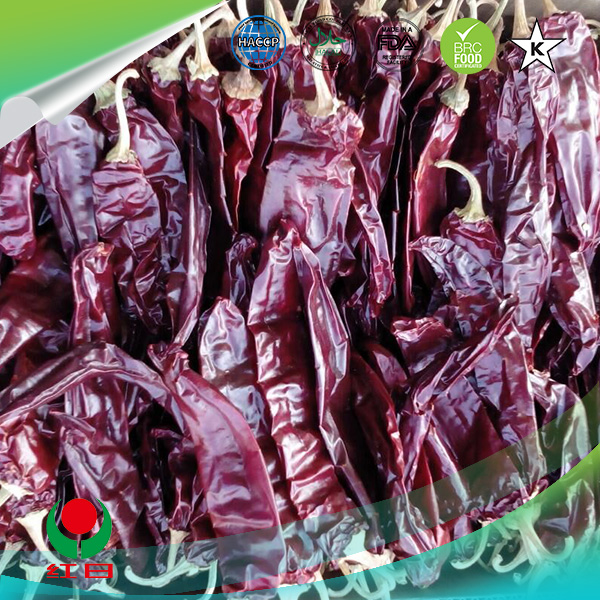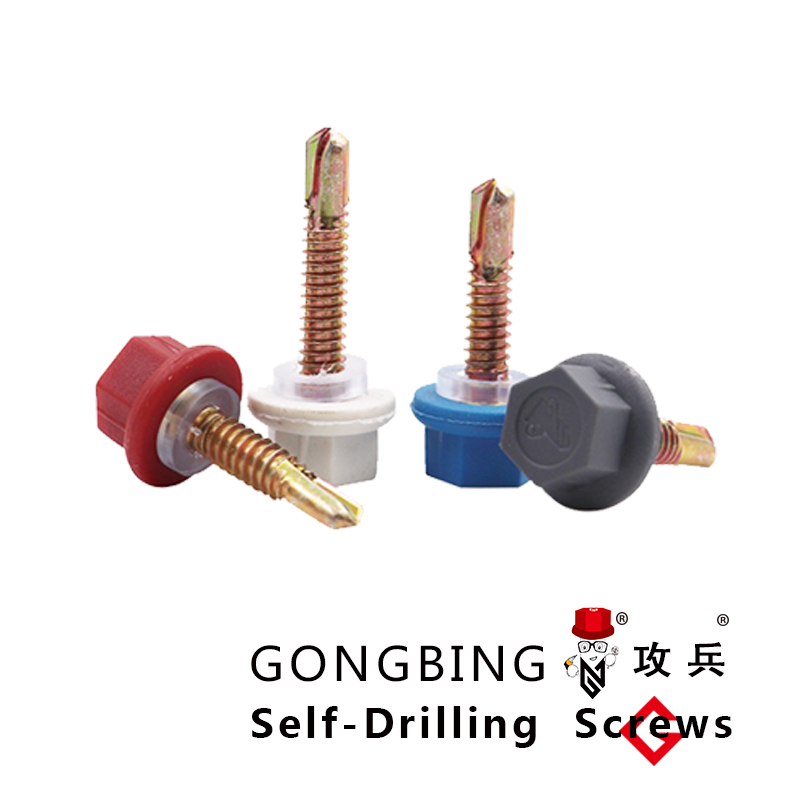Each bracing type has its unique advantages and is selected based on factors such as load-bearing capacity, available space, aesthetic considerations, and structural complexity. The choice of bracing significantly influences the performance, resilience, and cost-effectiveness of a steel structure.
...
2025-08-15 01:27
2945

